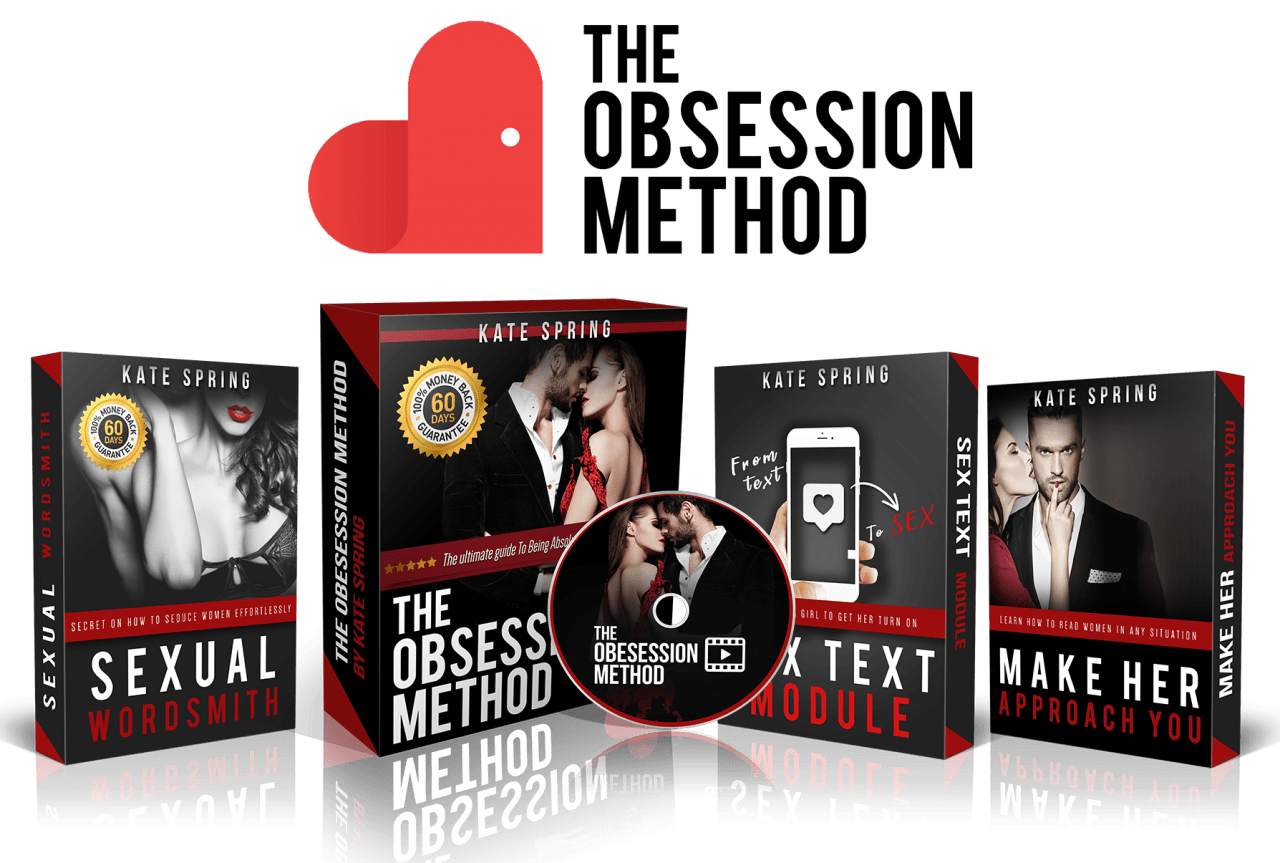“We are who we believe we are.” ~C.S. Lewis
Have you ever caught yourself hiding behind the term “imposter syndrome”? I know I have—more times than I’d like to admit.
We hear the phrase so often now, and it’s almost become a catch-all for our fears, doubts, and insecurities. But what if I told you that imposter syndrome isn’t what you think it is? What if it’s something deeper that has been with you far longer than your career or the roles you play in your life?
Let me take you on a journey that may mirror your own. …
“We are who we believe we are.” ~C.S. Lewis
Have you ever caught yourself hiding behind the term “imposter syndrome”? I know I have—more times than I’d like to admit.
We hear the phrase so often now, and it’s almost become a catch-all for our fears, doubts, and insecurities. But what if I told you that imposter syndrome isn’t what you think it is? What if it’s something deeper that has been with you far longer than your career or the roles you play in your life?
Let me take you on a journey that may mirror your own. It starts in a place many of us know well: childhood.
My first taste of feeling “less than” came early, in the first grade, at a Catholic elementary school in Lawrence, Kansas.
I remember sitting on the gray carpet in a circle with my classmates, already feeling small and unsure. A boy named AJ, whose words still echo in my mind, said, “Take off your mask.” I was too young to understand what he meant, but my insecure little heart decided it was a comment on my appearance. Was my face not good enough? Did I need a mask to hide behind?
I was already feeling uncertain about myself when my teacher called on me to spell the word “bowl.” Such a simple word, but in that moment, it felt like an impossible challenge.
My heart raced as I struggled to find the letters, and as the giggles of my peers filled the air, I turned fire-engine red, shrinking into myself.
The harder I tried to hide, the redder and more embarrassed I became. I don’t remem
Recommended Story For You :

Discover the Obsession Method and Transform Your Relationships

Unveiling the Secrets to Rekindle Your Relationship and Get Your Girlfriend Back

Unlocking the Secrets of Water Harvesters for Sustainable Solutions

Your Trusted Guide to Practical Medicine for Every Household

Discover the Obsession Formula for Magnetic Connections

Transforming a Connection into a Lasting Relationship with One Simple Move

The High Output Pocket Farm – Cultivating Life amidst Desert War Zones

EVERYTHING IS HAPPENING THE EXACT TIME AND IN THE EXACT ORDER
